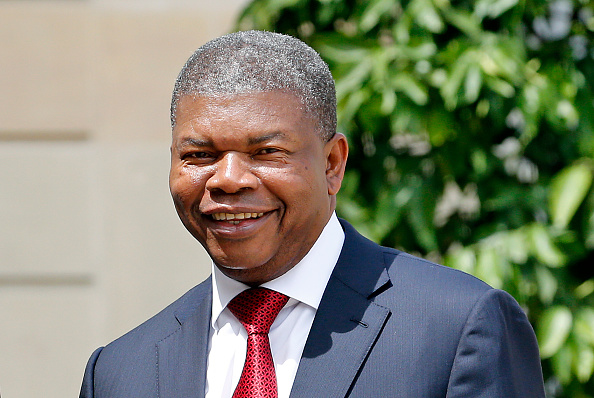Luanda – Dozens of protesters claiming irregularities in voter registration were blocked by police in the Angolan capital Luanda on Wednesday, exactly one week ahead of national elections, an AFP journalist at the scene said.
The protesters from several civil society organisations claimed a range of irregularities from the registration of deceased citizens to geographic errors with voters being listed at stations far from where they actually live.
“We live in an electoral comedy,” said Osvaldo Kaholo, 33, who was among the activists.
Demonstrators said they want problems with the voter roll corrected ahead of the August 24 election to ensure the results are fair and accurate.
The country has been ruled by the People’s Movement for the Liberation of Angola (MPLA) party since independence in 1975.
The MPLA candidate and incumbent President Joao Lourenco was handpicked to lead the party by Jose Eduardo dos Santos, who led the country for nearly four decades. Lourenco went on to win the last election in 2017.
ALSO READ | Angola gears up for tight election as Joao Lourenco’s star fades
Adalberto Costa Junior and his National Union for the Total Independence of Angola (UNITA), a former rebel militia turned political force, is Lourenco’s main rival but not expected to succeed, according to analysts.
Demonstrators on Wednesday had split into two groups, with one attempting to lead a march through the city while another attended the offices of the electoral commission to deliver a list of grievances.
The march failed to begin as police were already on site to disperse crowds.
Rally-organiser Laurinda Gouveia told an AFP reporter that 15 people were detained. But National Police spokesman Nestor Goubel refuted the claim, saying no demonstrators were held. He said one journalist was briefly held but freed 30 minutes later.
Analysts say the incident reflects a long history of freedom of association being restricted by Luanda.
“We have never actually had the freedom of protest,” said Augusto Santana, a specialist in electoral observation.
“The government culture of dialogue is so poor that they don’t actually know how to handle these kind of issues. Most of the time they just use the police to prevent people from protesting,” said Santana.
Anyone planning a public gathering is required to apply for a permit from local government, Santana said, adding it is seldom issued for protest actions. Police are then able to curtail gatherings on the grounds that they were not permitted.
Follow African Insider on Facebook, Twitter and Instagram
Source: AFP
Picture: Getty Images
For more African news, visit Africaninsider.com


